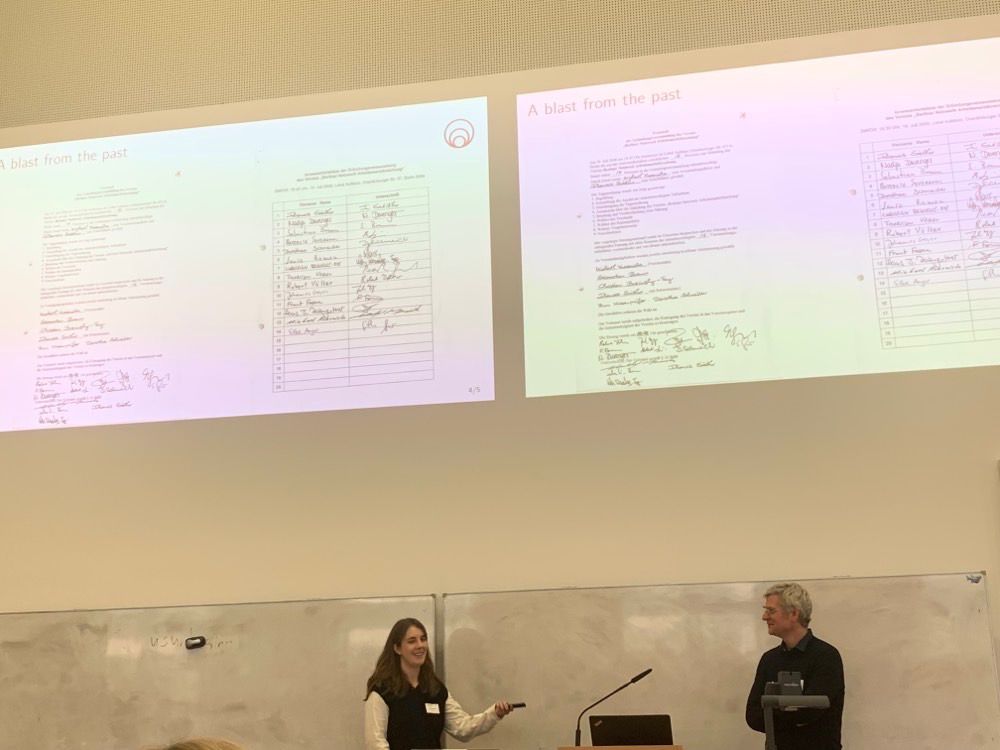PhD Position @ University of Trier
Im Fachbereich IV der Universität Trier ist an der Professur für Personalökonomik sowie am IAAEU zumnächstmöglichen Zeitpunkt folgende Stelle zu besetzen: Wissenschaftliche/r Mitarbeiter/in (m/w/d), E 13 TV-L, insgesamt 75%, befristet …

